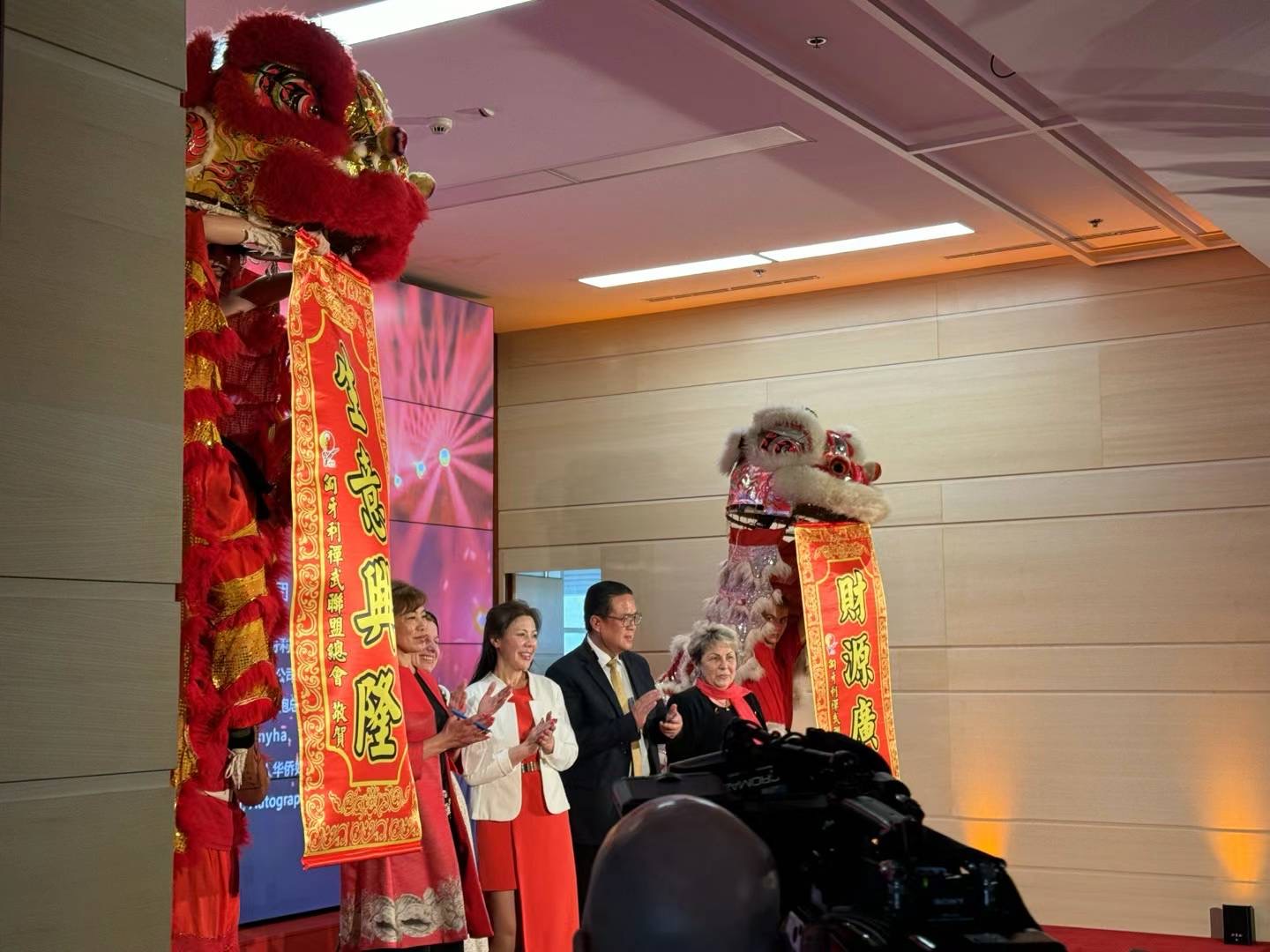Turkish Writer and Instructor Jale Elhadef on Life in Budapest

Jale Elhadef
Budapest is the adopted home of an increasing number of foreigners who have decided to take a chance on living in this fascinating city and, unsurprisingly, fallen in love with it. One such is Jale Elhadef, who moved to Budapest from Istanbul in 2018 with her husband. The couple lived first in Pest before swapping what she calls the “lively, crowded, chirping city life” for calm, serene Buda. Now, they live in the cool valley of Hűvösvölgy.
After 20 years of working in corporate life, Elhadef decided to follow her heart and become a writer and coach. She also finds time in her busy life to pursue her business producing wet felt designs from forgotten Turkish handicrafts under the brand “Kechie by Jale Elhadef.”
As an instructor, Elhadef supports students at the American International School of Budapest whose native language is Turkish on their journey to improve themselves. I spoke with her about her impressions of Budapest, Hungary and Hungarians and her career as a writer and coach.
Compared to Istanbul, with its population of almost 16 million people, Budapest is tiny. For Elhadef, being able to find her way around the city easily is a significant advantage.
“There’s good public transport, and it’s easy to get around on foot. I can find everything I want here. The quality of life is excellent, particularly on the cultural side. For a small city, there are many first-rate museums and galleries, and I find myself exposed to plenty of different points of view, which I find culturally nourishing,” the writer tells me.
Living on the Buda side is particularly stimulating for Elhadef’s senses.
“I appreciate the serenity of the Danube and wandering on Margaret Island,” she says. “At home in Hűvösvölgy in the evening, gazing out over the city always takes me to the land of fairy tales.”
Budapest inspired Elhadef’s latest book, “Bu Da Peşte” (This is Budapest). She describes the book as “a life story flowing in parallel with the historical, human and geographical layers of the city.” For now, it is only available in Turkish. Negotiations are underway to translate it into Hungarian and other languages, and Elhadef hopes she can encourage tourism to the city she’s fallen in love with.
Kindred Spirits?
As for Hungarians themselves, Elhadef initially believed that because, as she poetically puts it, she is “dough kneaded with Mediterranean culture,” she would be able to establish relationships with people quickly. That didn’t prove to be the case.
“I feel that Hungarians prefer to observe you for a while. Perhaps it’s a protective shield caused by history. But, as they observe you and get to know you, Hungarians open up. We now have neighbors, friends and associates we cherish.”
Although she’s still learning Hungarian, words are naturally important to Elhadef. She launches into a fascinating etymological diversion concerning the differences between the Hungarian and Turkish languages.
“When I poked around a bit in Hungarian for my writing,” she tells me, “I realized that, in Hungarian, the root of the verb ‘to think’ is connected to ‘to solve problems.’ In Turkish the verb root of ‘to think’ relates to dreaming and imagining. I think it’s a telling difference.”
As a writer, Elhadef is delighted that Hungarians love to read. “They really enjoy reading and talking about books,” she says. “When I’m out walking our dog, I always see people with a book in their hand or sitting on a bench reading.”
Elhadef published her first book when she was living in Bucharest, Romania, 25 years ago. Now, she spends 80% of her working life writing fiction and nonfiction. Before “Bu Da Peşte,” she wrote three novels, “Why Me,” “White Beyond the Dark,” and “Blue Poppies.”
Each features a female protagonist who moves to a new city, starts a new life, and has an adventure. “Blue Poppies” is translated into Hungarian and will be promoted at this year’s Budapest International Book Festival at Millenáris Park. It will also be translated into English.
Consistently Playful
Although Elhadef is keen to be playful and innovative in her writing as she moves from book to book, she feels her approach is consistent.
“A writer’s style is always evident between the lines, in the flow, even if I’m not writing about my experience,” she says. “My style might arise out of the games my brain cells play or the gardens in which my soul wanders.”
Now she’s working hard to finish a musical and completing a new book about synthesizing Hungarian and Turkish cultures (“Producing is like breathing for me,” she says), which prompted my curiosity. I’m fascinated by the intertwined histories of Turkey and Hungary, something many foreign visitors aren’t aware of.
The Turkish Ottoman Empire ruled Hungary from 1541 to 1699. Although the Ottoman strategy was to dominate the lands they conquered, they were more interested in collecting taxes than influencing native culture.
Despite this, as Elhadef explains, “When I look at Hungary from the perspective of my Turkish identity, I see common traces in our languages and culture, whether it’s culinary – we have stuffed cabbage and a stew not unlike goulash – or in the way in which Hungarians regard thermal baths being so similar to hammam culture back home.”
Now, in the Turkish-Hungarian Year of Culture, which celebrates the 100th anniversary of diplomatic relations being established between the two countries, the relationship between Turkey and Hungary remains strong.
For Elhadef, “2024 will be an exciting year in our two cultures. Like a living organism, culture is born, grows and develops. It’s a great pleasure for me to be exposed to other artists who are the best in their fields and evolve with them.”
This article was first published in the Budapest Business Journal print issue of March 8, 2024.
SUPPORT THE BUDAPEST BUSINESS JOURNAL
Producing journalism that is worthy of the name is a costly business. For 27 years, the publishers, editors and reporters of the Budapest Business Journal have striven to bring you business news that works, information that you can trust, that is factual, accurate and presented without fear or favor.
Newspaper organizations across the globe have struggled to find a business model that allows them to continue to excel, without compromising their ability to perform. Most recently, some have experimented with the idea of involving their most important stakeholders, their readers.
We would like to offer that same opportunity to our readers. We would like to invite you to help us deliver the quality business journalism you require. Hit our Support the BBJ button and you can choose the how much and how often you send us your contributions.






.png)


